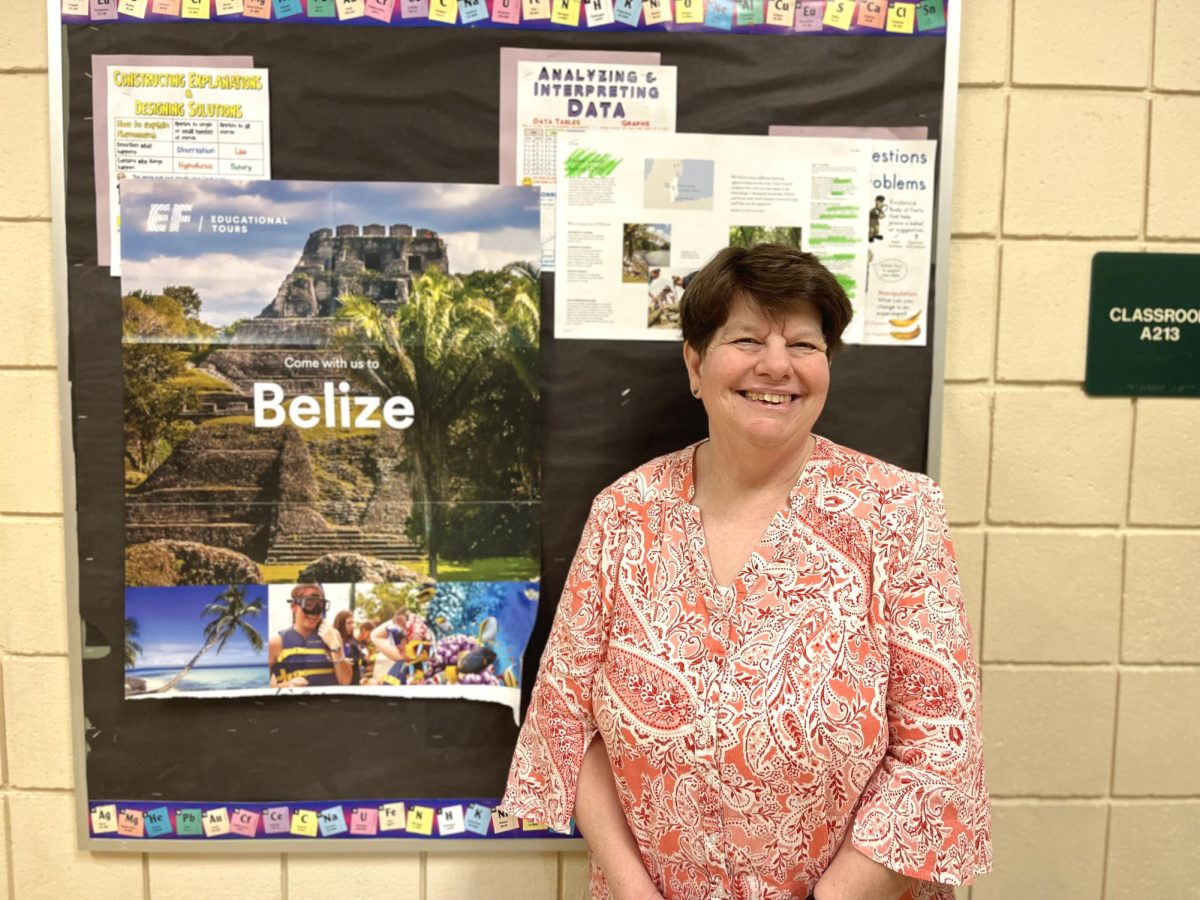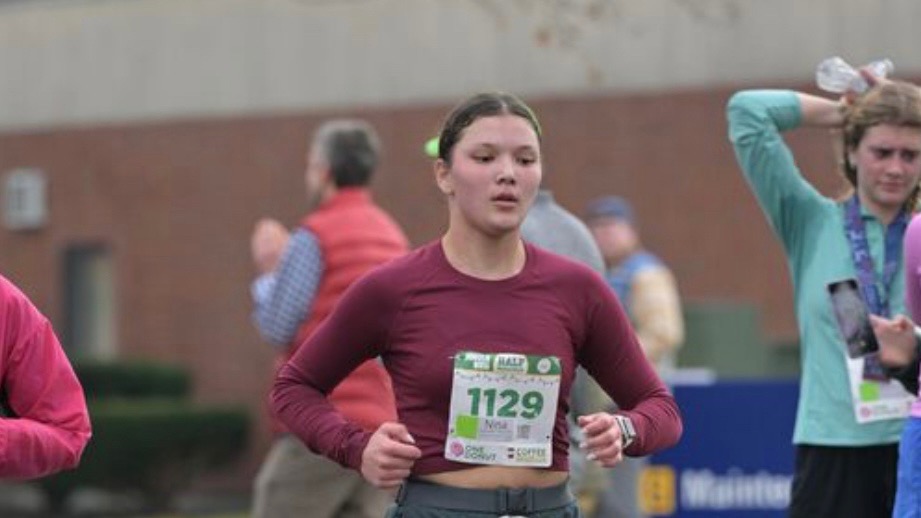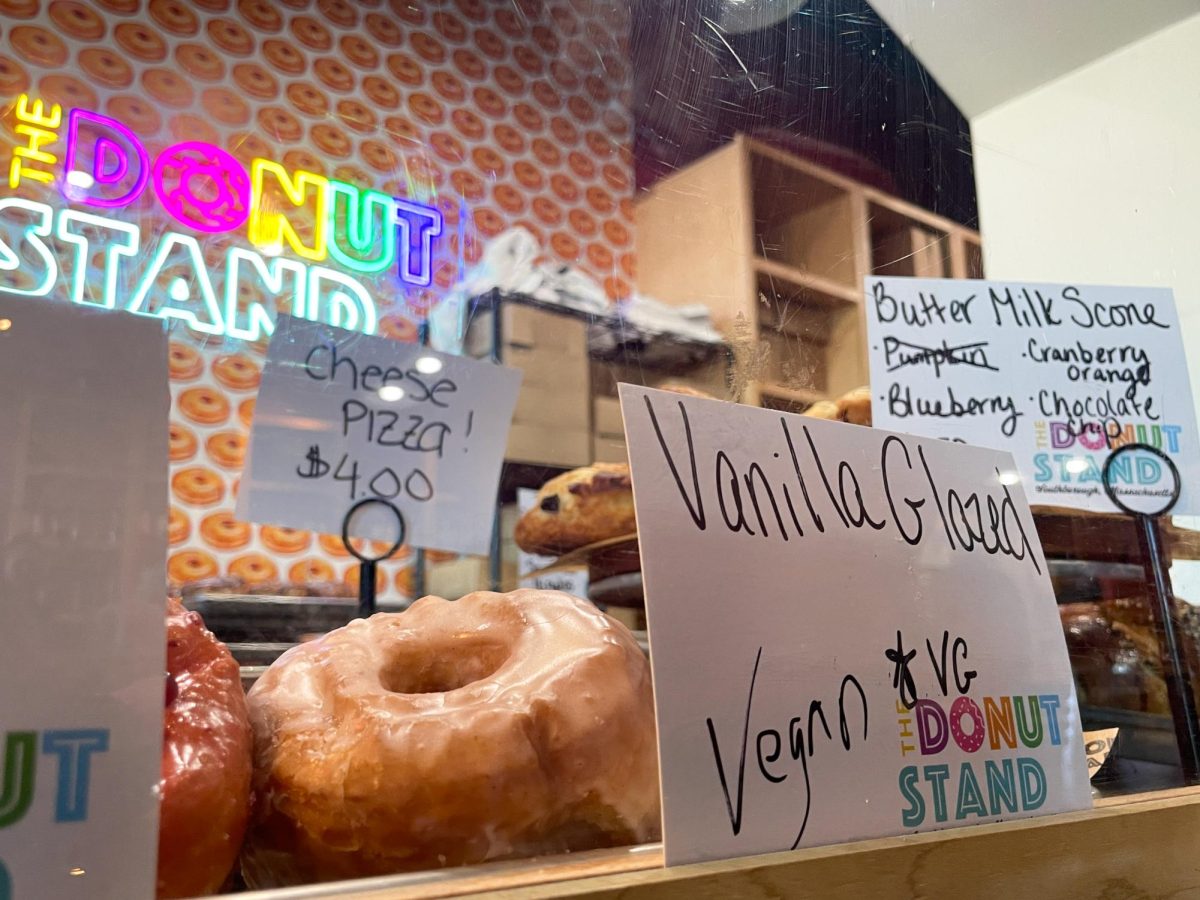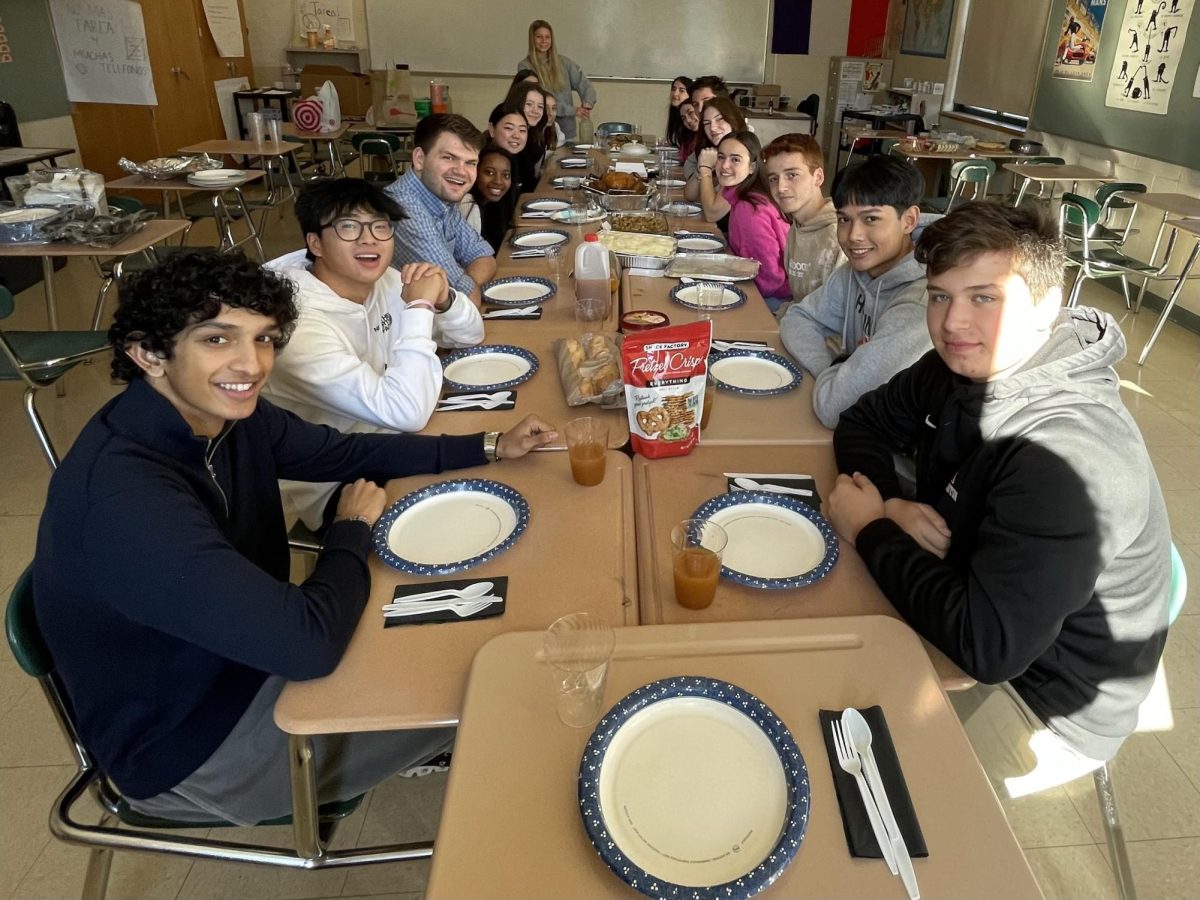
This article is part one of a three-part series on online education at HHS (part two can be found here).
By Kayla Sullivan
A typical day in the seven-day HHS rotation consists of five class periods, all one hour long with the exception of fourth period lunch block, which is an hour and a half. Â Senior Sean Carnes’ schedule, however, does not at all require him to spend those five periods in school each day. Â In fact, some days Carnes is only required to be present in school for two out of the five class periods. Â In addition to Honors Calculus, Honors Multicultural Literature, AP US Government & Politics, and AP Psychology, Sean is enrolled in Honors Online Physics and Virtual High School’s (VHS) Investing, the latter two being completely online courses.
Carnes’ schedule consists of 15 study periods that take the place of what would otherwise be time spent in face-to-face class with a teacher (each online class accounts for 5 study periods, with additional physics lab periods). Â Since his academic and disciplinary record have allowed him “senior priveliges,” or the ability to leave school during study periods and lunch, Carnes is only required to be in school for 20 of the 35 class periods that meet in one rotation of the schedule. Â Consequently, Carnes is only required to physically be in school for 47% of that total rotation.
Although the purpose of these study periods is to provide students with the necessary time to complete their online coursework, many seniors agree that they do not always complete the work during these designated study periods.
“The mornings [with no classes] I usually sleep,” said Carnes, “And in the afternoons I either hang out with friends or do all the [online] work. Â It varies a lot [depending on the amount of online work I have], though I do end up procrastinating sometimes.”
Carnes is not the only senior with a schedule this flexible.
The number of study periods a student has in their schedule is in part a result of the amount of online or hybrid classes in which they choose to enroll, among other factors, and seniors who choose to take multiple online classes, like Sean, end up with the most studies in their schedules.
According to Ms. Linda Henderson, VHS Site Coordinator, HHS currently offers 50 seats of VHS classes and 29 seats for The Education Cooperative (TEC) Online Academy course each semester this year. Â HHS is an affiliate member of TEC, which consists of 16 other school districts in the Metrowest area.
In addition to these courses, “At HHS, we offer our own online course, Honors Physics, and some hybrid courses which have some classroom time and some online component: Journalism, AP Environmental Science, and Digital Photography,” Henderson explained.
Students are first given the opportunity to enroll in an online course junior year as an elective, but not as a core academic. Â According to Henderson, only five juniors are currently enrolled in a VHS or TEC online course.
Senior year, however, there is more freedom with course selection. Â With that freedom comes more opportunities for online courses, including the option of replacing Honors Physics, an academic face-to-face course, with an online version taught by HHS Physics teacher Anne Van Dam.
“We offer online courses to give students a greater variety of course offerings,” explained Henderson, “For example, we would never be able to offer a course in Pre-Veterinary Medicine at HHS. Â Online courses also prepare students for college and beyond.”
Last semester, senior Chelsey Mullen took the VHS course Pre-Veterinary Medicine, and is now taking the VHS course Animal Behavior and Zoology.
“I chose to [take these courses] because I want to study to be a veterinarian,” explained Mullen.
Mrs. Anne Van Dam, who teaches AP Physics, Online Honors Physics, and a VHS Astronomy course, stated, “The Hopkinton school district values the incorporation of technology into education, and encourages students to experience an online course before leaving high school.”
Increased use of online education is a trend that can be observed across the US at both the high school and college levels. Â According to a 2011 report from Project Tomorrow, 30% of high school students have taken a course online.
A similar trend can be observed with college students as well. Â According to a 2011 report from Babson College, nearly one-third of students enrolled in a degree-granting postsecondary institution in 2010 were taking at least one online course.
Additionally, according to GetEducated.com, the number of college students that have enrolled in an online class in the past three years has increased 63%.
According to Henderson, 68% of HHS seniors took an online class before graduating in 2011.
Most seniors enrolled in multiple online courses shared Carnes’ opinion, stating they prefer to leave school during their studies, either to complete some of their work at home or just to do something else.
Josh Hacunda, who is enrolled in Honors Online Physics and a VHS Criminology course, has 13 studies a rotation, and said, “I usually go out and hang with friends. Â Most days I end up doing my online homework at home, but I make sure to spread it out.”
“I do a variety of things with my studies because I have so many,” said Mullen, “Sometimes I go to the gym, sometimes I run errands like go shopping or go to an appointment, and about half of the time I get work done in my studies.”
Most students agree that having all of this free time makes their online classes worthwhile, despite the challenges that come with them.
“Not having a teacher as a face-to-face guide is the main difficulty students report. Â The only disadvantage [to taking an online course] is not having a face to face connection with a teacher or someone guiding you along the way,” explained Mullen, “It is up to me to check in with my online classes.”
“If you need a teacher to push you, then [taking online classes] could get tough,” stated Carnes.
Shannon Motyka took Honors Online Physics last semester along with another online course, but chose not to continue online Honors Physics this semester, instead opting for Honors Physics face-to-face.
“My grade significantly dropped from past years,” Motyka explained, “I think it’s just really hard for me to learn online and not have someone within earshot to ask questions to. Â I found the material really hard to learn solely online. Â But having so many studies first semester was definitely a great bonus.”
Motkya said that during her studies she usually does homework for her classes in school or goes home, where it is easier for her to work.
Van Dam, teacher of the HHS Online Honors Physics, says, “I like the challenge of finding new ways to present material and assess understanding. Â An online class has to be taught in a completely different way than a regular class, and it’s given me the opportunity to try a lot of new things.”
Van Dam also recognized that there are challenges to teaching a completely online course, “Teaching online takes significantly more time than teaching face-to-face. Â It takes much longer to type a message than to say it, and all lessons have to be typed out and accompanied by links, videos, and other resources.” Â She added, “In addition, it can be more difficult to know whether students are ‘getting it’ based on written work than it would be if I saw them in a classroom.”
Van Dam highlights in face-to-face she can often tell if students are “getting it” based on their facial expressions. Â Also, they are able to simply raise their hands if they have a question, whereas for her online students, asking a question can be complicated by a delayed response and can cause students to be frustrated.
When it comes to grades in her Honors Online Physics course, Van Dam noted, “I’d say the average grade for my online students is fairly equivalent to the average grade for the same level of the course taught traditionally,” stated Van Dam, who has taught Honors Physics face-to-face in past years, “However, I think there is a wider spectrum of grades than I’m used to seeing a traditional class.”
Many students taking multiple online classes agreed that their grades had reminded consistent.
Overall, seniors enrolled in multiple online classes stated that they would recommend their schedule to upcoming seniors, but only if they think they possess the skills necessary to handle it, such as self-motivation and time management.
“I’d tell juniors that it is definitely worth it to take online classes senior year,” said Mullen, “But only if you know you have the self-discipline to remember to do the assignments. Â If you don’t think you’d be good at managing your time, though, then I wouldn’t risk it.”





